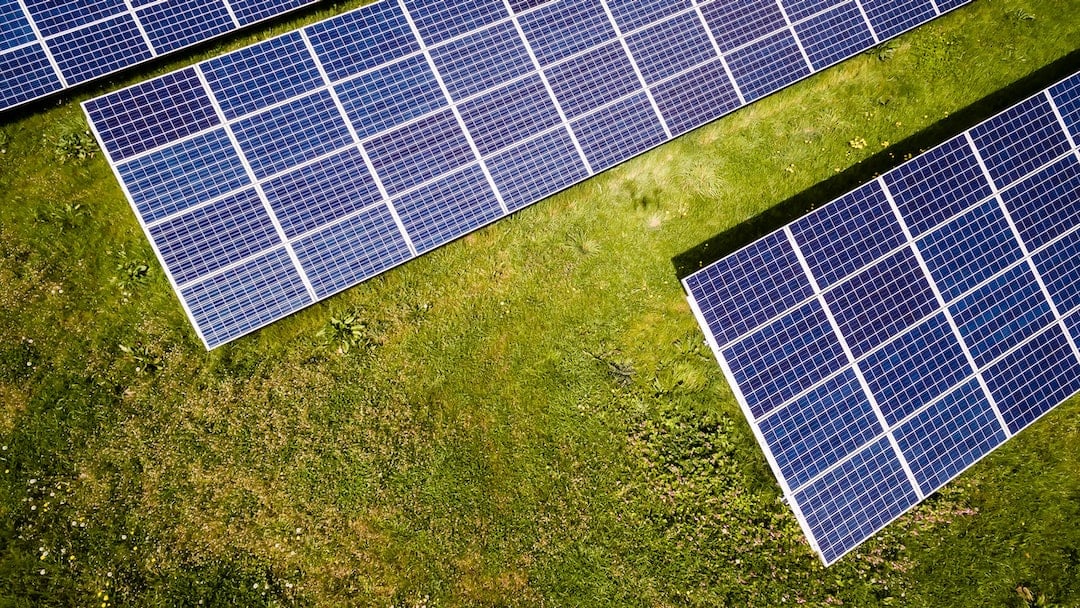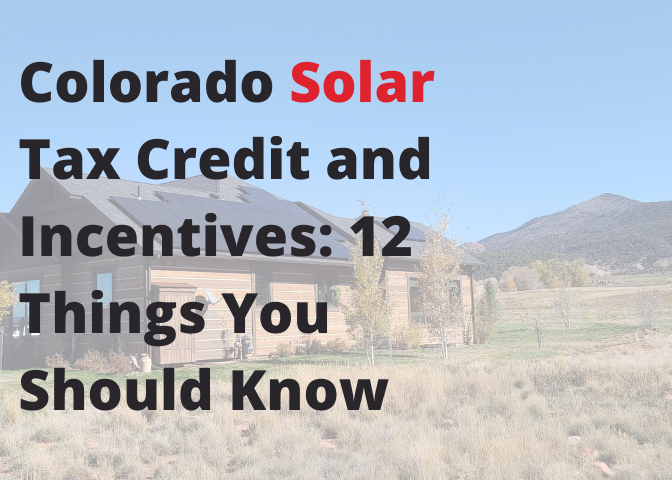10 Things to Know About the Iowa Solar Market

Recent data from the Solar Energy Industries Association found solar power gives energy to more than 80 thousand homes in Iowa. As solar in Iowa continues to grow, are you aware of the latest innovations and tax credits you can use? Solar panels reduce your carbon footprint and even allow you to make money!
In this guide to the Iowa solar market, we'll discuss industry growth, additional jobs, environmental benefits, tax credits, and more. Here are the ten most important things to know
1. Solar Growth
According to the Iowa Environmental Council, Iowa ranks 16th in the United States in the potential for solar growth. That should be no wonder since Iowa is ideally situated to receive plenty of energy from the sun!
Iowa solar is rapidly becoming part of the state's energy portfolio thanks to several incentives and trends in recent years. Still, much more needs to be done to inform people about solar in Iowa, solar panels, and solar panes. As more people see the potential, they will consider Iowa Solar for their energy needs.
2. Jobs
The rapid growth of solar energy in Iowa is creating jobs. A recent report found that since 2012, solar jobs have increased by 268 percent!
Job titles in the industry include installer, technician, manufacturer, system designer, and operations specialist. Employees work in factories, showrooms, and warehouses.
Workers often do site visits to inspect panels and solar systems. Moreover, they educate the public about the benefits of solar panels.
Good-paying jobs making solar panes and panels equal family-sustaining jobs for Iowans. Small businesses are creating many of these jobs.
3. Environmental Benefits
The sun makes a lot of solar energy. But we only harness a tiny slice of that energy for our daily use. Why not capture more to power our daily activities in a more environmentally-friendly way? Being environmentally-friendly means reducing your carbon footprint and no longer relying on fossil fuels for energy consumption.
Lowering the use of fossil fuels also reduces greenhouse gas emissions. Fewer fossil fuels lower the Earth's temperature. Being better stewards of the environment reduces our risk of extreme weather like flooding, tornadoes, hurricanes, and extreme heat.
Solar energy gives many people peace of mind. They know they are doing their part to help make an impact. Some people can't use a bicycle or drive an electric car but can install solar panels in their homes.
4. Tax Benefits
People who install solar panes in their homes are eligible for solar tax credits. In Iowa, there's a 15 percent solar tax credit for homeowners of up to $5,000. At the end of the year, deduct the amount from your tax return and see the savings!
There is also a 30 percent federal solar tax credit. You can save even more money by installing solar infrastructure at your home. You can save money at your primary residence, your second home, and even your business.
The federal government wants to encourage people to use solar energy, hence the tax credits. You can use them on anything involving a solar system, including storage batteries and panels. However, you can only use the solar tax credits once.
Federal tax credit information is available on the Department of Energy website to see if you qualify. It's best to talk with your tax preparer or accountant to figure out your tax situation before you purchase a system for your home.
5. Rebates
Homeowners who install solar energy systems in their homes are eligible for a solar rebate from the utility company. How does it work?
The solar panels at your home will generate enough power for your house, and anything extra gets sold back to the utility company. The amount will vary each month, depending on how much energy you use at home.
With solar rebates, the system pays for itself. Many people use their rebates to pay for the infrastructure and installation. Others use the extra rebate money for a college savings plan, home improvements, or a vacation.
Rebates are one of the ways utility companies encourage people to remove themselves from the power grid to prevent strain. After all, the strain on the energy grid can cause power outages and brownouts.
Be aware that not all utility companies offer solar rebates. Furthermore, some are on a 'first come, first serve' basis. It's best to check with your utility company about rebates you may qualify for before going solar.
6. Purchase Plans
You can purchase an entire solar panel infrastructure in a variety of ways. Don't let the price or payment plans scare you. There are many financial instruments to help.
Cash
Many homeowners have the cash to install a solar system. It's as simple as it sounds. Plus, some solar panel companies give you a better deal if you pay cash.
Loans
Banks will give out loans for solar panels mainly because it's a home improvement project. Check out home equity loans at your local bank or credit union. Also, several companies give out loans exclusively for solar systems.
Steer clear of credit cards because, in many cases, the revolving interest can be pretty high.
As with any loan, you'll need a good credit score for a reasonable interest rate. If you think your credit score isn't satisfactory, try paying down some loans and household debt first.
Most loans are between three and five years. And don't forget; you can use your tax credits and rebates to help pay down the loan.
Lease
People who don't have the financial means to purchase a solar system but still want to be environmentally conscious might choose a lease program. You can lease all the equipment necessary for your house without paying a hefty bill.
There are benefits to leasing a solar system. You don't have to worry about maintenance. And when something breaks, there is no bill.
However, be wary of lease programs. They are not eligible for tax credits.
7. Community Solar
In some communities, solar panels on every home are not possible. Perhaps not everyone has the financial wherewithal, or there's not enough room. In other cases, there might be pushback from a homeowners association.
If this happens to you, community solar is an option. A solar company can set up a solar farm nearby, and each of the residents can draw from the sun's energy. You get the benefit of being good environmental stewards without the infrastructure at your home.
In some neighborhoods, there's not enough room for rooftop solar projects. It also benefits those who are renting. Moreover, it helps homeowners who don't receive enough light from the sun, thanks to shade or the position of their home.
Many people enjoy the benefits because they share the cost. No longer do they have to make a considerable investment in their home.
Community solar takes some planning and working with skilled professionals. Additionally, you must also be near a tract of land that can create enough energy for your entire community.
8. Increased Storage
As technology gets better, solar storage capacity also increases. For example, modern batteries can harness more of the sun's energy with smaller panels. That way, you can avoid putting multiple solar panels on your home.
Some experts believe solar capacity will increase six-fold in the next five years.
9. Declining Cost
The rapid growth of solar power throughout Iowa and the rest of the United States is reducing costs for homeowners.
In Iowa, the cost to outfit your home with a solar system is around $15,000 (with tax rebates and tax credits). Of course, much depends on the size of your home and how much power you need to generate.
10. Off-the-Grid Living
Living off the grid can be exhilarating. You don't have to worry about neighbors, and remote areas of the country are suddenly at your fingertips.
However, power is a primary concern for many. Utility companies charge tens of thousands of dollars to run power lines off the main road to remote areas. Why pay the utility company when you can install your solar system?
Solar makes off-the-grid living easier. You can have running water, lights, a television, and a full refrigerator. And when a large tree falls onto your access road, you won't be left in the dark.
Ten Things to Know About Iowa Solar
Ten things to know about Iowa Solar include the solar industry's growth, job creation, environmental benefits, and tax credits. You should also know about the many rebate programs utility companies offer when choosing solar energy.
Are you considering a solar system for your home or business? Allow us to help you decide which system is best for your needs.
Our skilled professionals will detail all of the benefits and answer any questions. We can educate you on why solar is the right choice. Be a part of the Iowa solar revolution, and begin harnessing the sun's power today!

.jpg)
